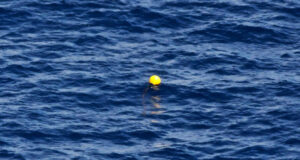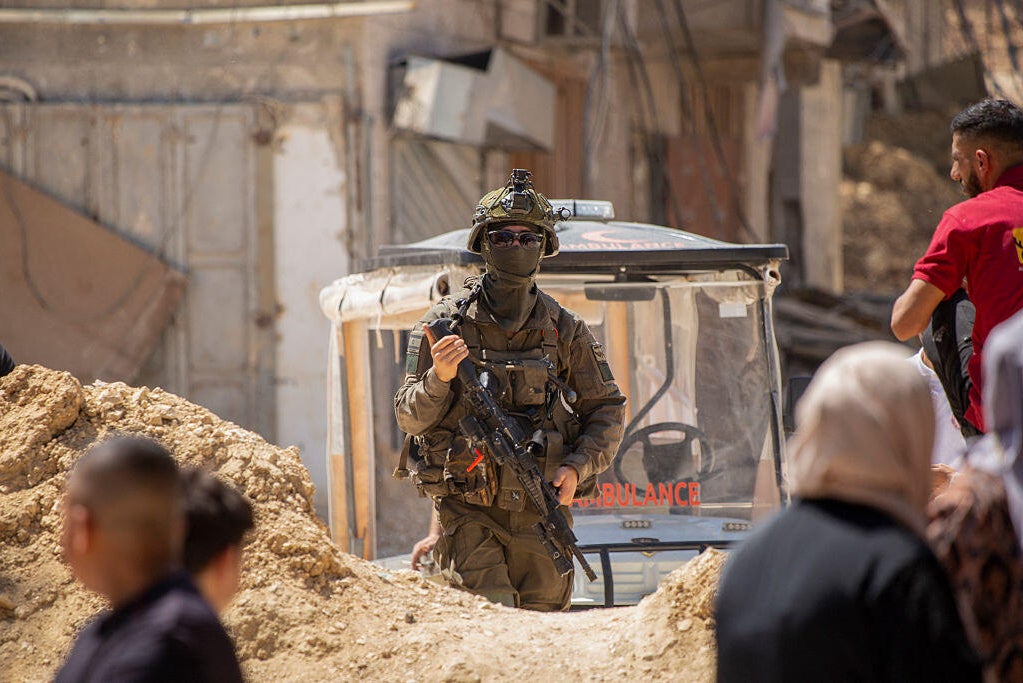 More bodies were pulled from the mid-Atlantic over the weekend near what is presumed to be the crash site of Air France flight 447.
More bodies were pulled from the mid-Atlantic over the weekend near what is presumed to be the crash site of Air France flight 447.
As reported in today’s New York Times: But the answer to why the Airbus 330 jet carrying 228 people from Rio de Janeiro to Paris crashed into the Atlantic eight days ago remained elusive as an armada of French and Brazilian ships and planes continued to scour the ocean for debris and the flight data and cockpit voice recorders lying perhaps miles below the surface.
Nearly all the effort to determine the cause of the crash is being focused on air speed, the performance of the “Pitot tube,” the humidity level of the atmosphere through which the plane was attempting to fly, turbulence, all of which are questions that cannot be answered without the data collected in the on-board flight recorder now lying, it is presumed, in 10,000+ feet of water.
But, what if the plane had been blown out of the sky? What if a bomb had been placed in the luggage compartment in those last moments before departure?
According to Scotland’s Sunday Herald yesterday Amid the media frenzy and speculation over the disappearance of Air France’s ill-fated Flight 447, the loss of two of the world’s most prominent figures in the war on the illegal arms trade and international drug trafficking has been virtually overlooked.
The two men, Pablo Dreyfus, a 39-year-old Argentine and Ronald Dreyer, a Swiss diplomat were both on Flight 447. Dreyfus had worked at great personal risk to interdict the flow of illegal arms into Brazil. Dreyer was the co-ordinator of the Geneva Declaration on Armed Violence who had worked with UN missions in El Salvador, Mozambique, Azerbaijan, Kosovo and Angola.
As the Herald reports Dreyfus knew that many of the weapons from the so-called tri-border area between Brazil, Paraguay and Argentina were reaching Rio drug gangs. The newspaper added, When unidentified gunmen made off with a stash of hand grenades from an Argentine military garrison in 2006, Dreyfus deplored what he said was lax security at military depots across the world. “If a supermarket can keep control of the amount of peas it has in stock, surely a military organization could and should be able to do the same with equal if not greater efficiency with its weapons,” he said. “The key words are logistics, control, security.”
When Rio agents smashed a cell of drug traffickers who had sourced their weapons from the tri-border area, Dreyfus noted its leaders were prominent businessmen living in apartments in the plush Rio suburbs of Ipanema and São Corrado, not in the favelas (slums).
In a recent report posted on the Brazilian website Comunidade Segura (Safe Community), Dreyfus noted that the Brazilian arms firm CBC (Companhia Brasileira de Cartuchos) had become one of the world’s biggest ammunition producers by purchasing Germany’s Metallwerk Elisenhutte Nassau (MEN) in 2007, and Sellier & Bellot (S&B) of the Czech Republic in March.
Two of the largest - if not the largest - industries that provide hundreds of billions of dollars annually for global clandestine activities, including the overthrow of governments, assassinations, currency attacks, economic destabilizations, and the funding of secret armies, are the drug and weapon industries. It is a world that exists completely outside the realm of law, order, or control of any sort. And, any threat to reveal the scope of these two industries - and the names of prominent global leaders involved - is instantly silenced. Such has it always been. The opium trade now in operation in Afghanistan, and the opium trade forced on China 160 years ago are fierce examples of the degree to which nations and/or cartels will resort to extreme violence - including war and the subsequent deaths of thousands of innocent people - in order to maintain the efficacy of their operations. A plane crash killing 228 people could be seen as simply “collateral damage” in silencing, in this instance, Pablo Dreyfus and Ronald Dreyer.
Wild speculation? Of course.
ORIGINAL ARTICLE at Mike's Daily Blog - Blog, June 8th, 2009





 Newly released records show a US citizen was shot and killed in Texas by a federal...
Newly released records show a US citizen was shot and killed in Texas by a federal... In a statement, the Egyptian government called it a "dangerous escalation aimed at consolidating Israeli control...
In a statement, the Egyptian government called it a "dangerous escalation aimed at consolidating Israeli control... Venezuela's acting president on Thursday signed into law an amnesty bill that could lead to the...
Venezuela's acting president on Thursday signed into law an amnesty bill that could lead to the... Chris Tackett started tracking extremism in Texas politics about a decade ago, whenever his schedule as...
Chris Tackett started tracking extremism in Texas politics about a decade ago, whenever his schedule as...






























